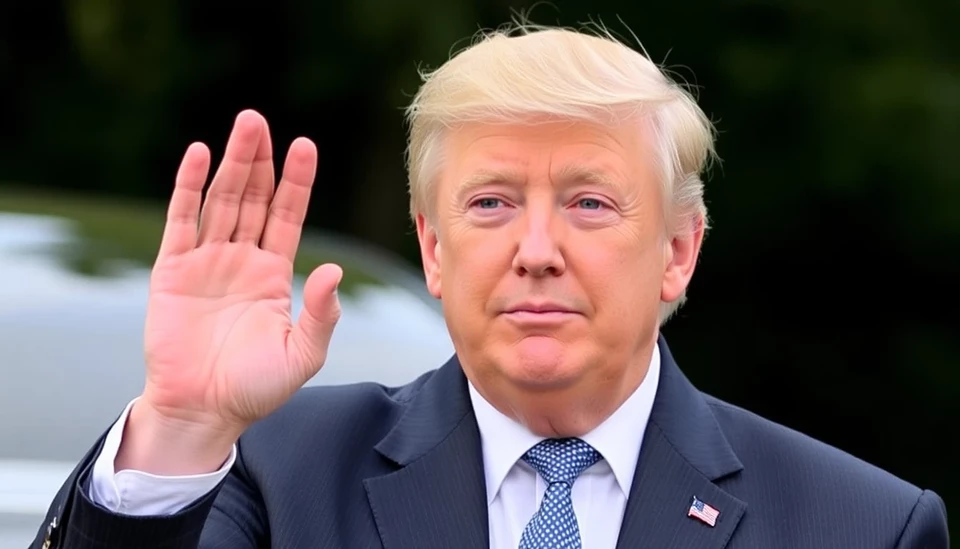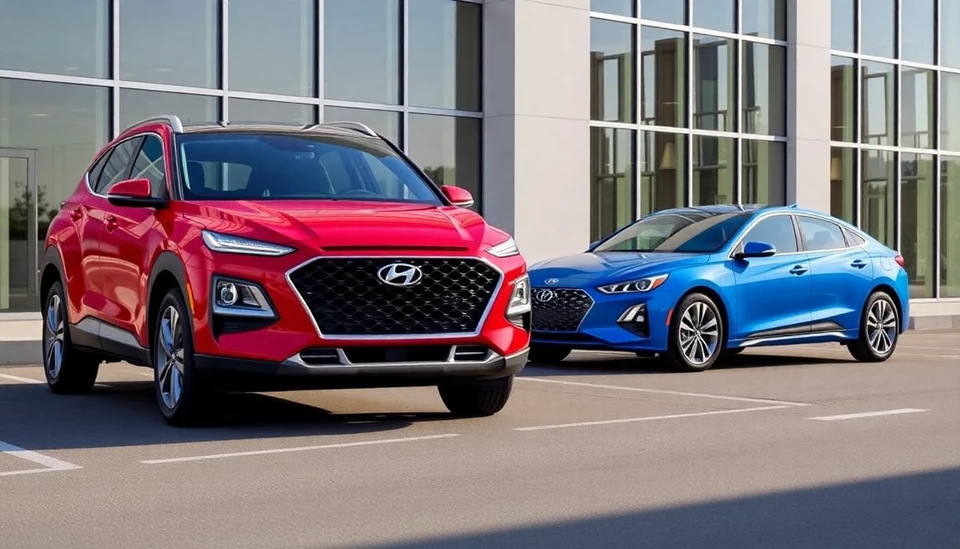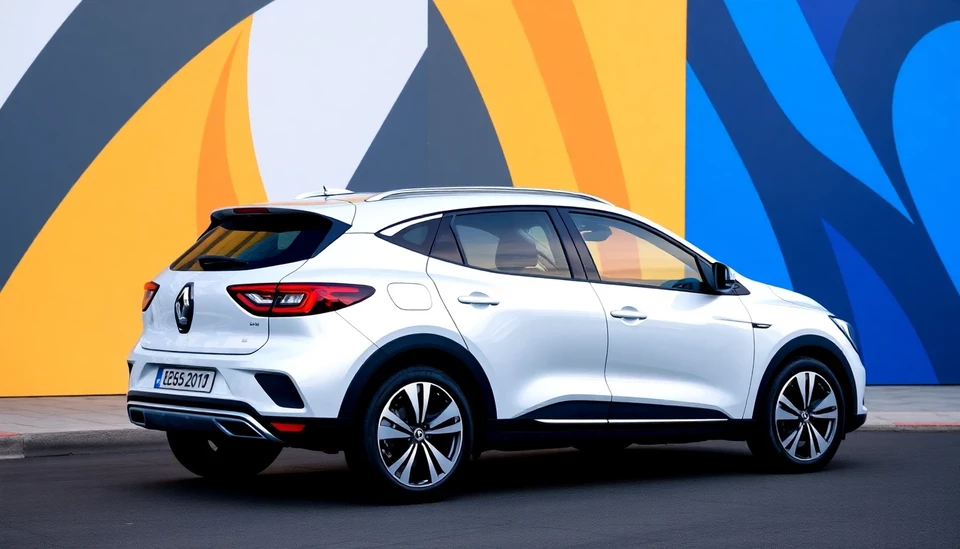
In a bold move that could reshape the future of electric vehicles (EVs) in the United States, Ohio Senator J.D. Vance has launched an initiative aimed at abolishing federal tax credits for electric vehicle purchases. His proposal arrives at a time when former President Donald Trump's influence continues to reverberate throughout American politics, particularly in actions and policy stances concerning environmental regulations and economic incentives.
Senator Vance's rationale for this drastic step rests on the assertion that these tax incentives disproportionately benefit well-off individuals, undermining their original intent to make electric vehicles more accessible to average Americans. Vance’s argument is grounded in the belief that government subsidies should genuinely assist the working-class and modest-income families rather than the wealthy, who can afford the initial costs of EVs without financial assistance.
Critics of the EV tax credit program maintain that it has led to unintended consequences, such as inflating vehicle prices and creating a market skewed in favor of affluent consumers. They argue that tax breaks for those who purchase electric vehicles do little to incentivize the adoption of green technology among lower-income families, ultimately defeating the purpose of promoting environmentally friendly practices.
Furthermore, Vance's initiative has become a topic of discussion within political circles and among automobile industry stakeholders. While some view the elimination of tax credits as a progressive step toward equity in vehicle ownership, others warn that it could hinder the growth of the electric vehicle market, potentially compromising the U.S.'s ambitions in combatting climate change and reshaping its automotive landscape.
The implications of this proposal could also resonate beyond Ohio, with potential ramifications for the national automotive market. As more manufacturers pivot toward electric vehicle production, maintaining a supportive financial ecosystem is crucial for ensuring that these manufacturers can remain competitive as offerings expand.
This contentious policy battle comes with potential electoral ramifications as well. As Vance rallies support for his initiative, he may align himself more closely with the sentiments of Trump's base, many of whom view environmental regulations skeptically. Whether this alignment will energize voters or alienate moderate constituents remains to be seen.
In parallel, the Biden administration continues to champion the role of EV tax credits as a cornerstone of its climate strategy, aiming to accelerate the transition to electric mobility. This has led to a polarized debate between progressive policy-making and conservative pushback surrounding fiscal responsibility and economic equity. The outcome of Senator Vance's proposal could set a pivotal precedent on how the federal government supports—or withdraws support from—green technologies.
As this discussion unfolds, it remains to be seen how other lawmakers will respond, and what influence Trump's legacy will have on this and other key issues related to environmental policy and economic growth. With the 2024 elections on the horizon, the stakes couldn't be higher for all parties involved.
In the continuous struggle for energy efficiency and climate sustainability, the question looms: will the elimination of EV tax credits ultimately serve the common good, or will it hinder the transition to a greener future?
#ElectricVehicles #EVEconomics #TaxCredits #JDVance #TrumpInfluence #ClimatePolicy #GreenEnergy #OhioPolitics #AutoIndustry #2024Elections
Author: John Harris




